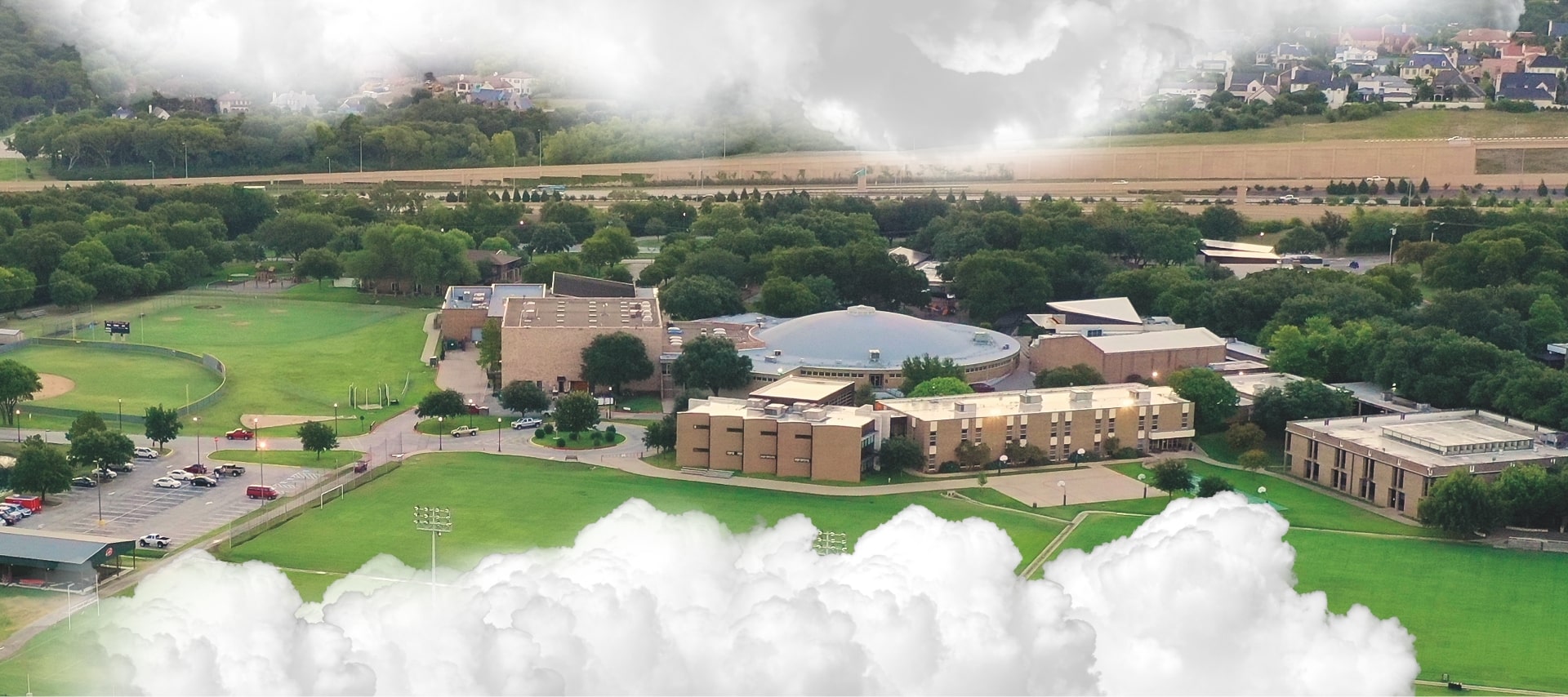Seen Read Heard: January 2025

Here are some of my latest reads: Abel Sanchez by Miguel de Unamuno, One Trusted Adult: How to Build Strong Connections & Healthy Boundaries with Young People by Brooklyn Raney, and Accountable: The True Story of a Racist Media Account and the Teenagers whose Lives it Changed by Dashka Slater.
Miguel de Unamuno by Abel Sanchez
I was thrilled that my book group, on its fiction rotation this month, chose a book I had last read in 1980 as a high school senior. I was even more thrilled that I still had the copy of the book I read in 1980. Dr. Carolyn Schlack was my teacher. We were all seniors and were able to read and discuss the book entirely in Spanish. I looked up a lot of words back in 1980, and I wrote them in the margins. That was helpful to my reading it in 2025, but I missed having Dr. Schlack facilitating the conversation and guiding our observations about this Cain and Abel story of envy and the Cain character (Joaquin) tragically twisting his lifelong friendship. I’ll have to hope our own Alison Robinson (Upper School Spanish Teacher and Modern and Classical Languages Department Chair) is teaching the book sometime soon so I can have another master teacher to help me get the many layers of Unamuno's tale.
One Trusted Adult: How to Build Strong Connections & Healthy Boundaries with Young People by Brooklyn Raney
I really appreciate getting books from friends and colleagues. This one was from Head of Middle School Stephen Blan. He wanted me to read it as he tested out his idea of having the Middle School faculty read the book together. Writing as a teacher, boarding school dean of students, and summer camp director, Raney offers some excellent points. I ended up thinking how great a colleague Brooklyn Raney would be. She connects with students and knows where the lines in those connections are. She has loads of wonderful examples of doing the right thing, but she also shares examples of when she made mistakes and crossed lines. She is a very wise resource, wise enough to know she cannot write a finger-wagging book and make an impact. This is a support book for schools and teachers trying to do the right thing. It has serious directives about things like being “readily interruptible and observable” with students at any time (139), but it is not entirely focused on the worst-case scenarios. I think Mr. Blan found a good book for his faculty to read and discuss.
Some takeaways:
Universal Youth Needs (p 13):
- Safety and structure
- Belonging and membership
- Self-worth and ability to contribute
- Self-awareness and spirituality
- Independence and control over one’s life
- A close, lasting relationship with at least one adult
- Competence and mastery (a perception that one will succeed)
Raney quotes a principal who used to tell new teachers, “If you have the need for someone to unconditionally love you, get a puppy.” (121)
Raney tells her own husband that they have moved in their relationship with their adolescent son from being the jelly beans to being the Brussels sprouts, a concept she learned from Lisa Damour: “We might be good for him, but we are not what he wants right now.” As the child holds their parent at arm’s length on occasion, being that teacher who is the jelly bean is incredibly rewarding to teachers and educators. (45)
“... [T]he three keys to building strong relationships with adolescents were time, food, and questions.” (60)
“There is no better time than middle school and high school, when we are surrounded by safe and encouraging adults, to seek what it is that we are most passionate about.” (75)
“Needing students to need us … is not healthy for anyone.” (125)
Raney uses a bunch of wonderful quotes from some of the best observers of student behaviors in the last 20 to 30 years, from Peggy Orenstein and Lisa Damour to Rosalind Wiseman and Brené Brown, and then there are some authors who are new to me, like Vicki Hoefle: “The kids need us far less than we think they do.” (92)
Accountable: The True Story of a Racist Media Account and the Teenagers whose Lives it Changed by Dashka Slater
Our Director of Technology, Steve Uhr, gave me this one. At 450 pages, I was skeptical when he said I, a notoriously slow reader, could finish Accountable in a weekend. But, listed as Young Adult Nonfiction, it was a very quick read, written to flow from the true story to some musings on the true story and back again. I indeed finished it in a weekend. Slater is a very impressive reporter, making a book out of information that was in a lot of newspapers in 2017, the story of a small Bay Area California high school and a small group of friends who had a private social media account that went very wrong, with horribly racist comments made by some boys about some girls, and the long and complicated, all-preventable, story of the expulsions, lawsuits, and life-altering experiences of each of the students. As a school guy who has been studying, informally, the impact of social media on student life, I found the story frightening and important: People who run schools should always be aware that the edge of a cliff is seldom far away.






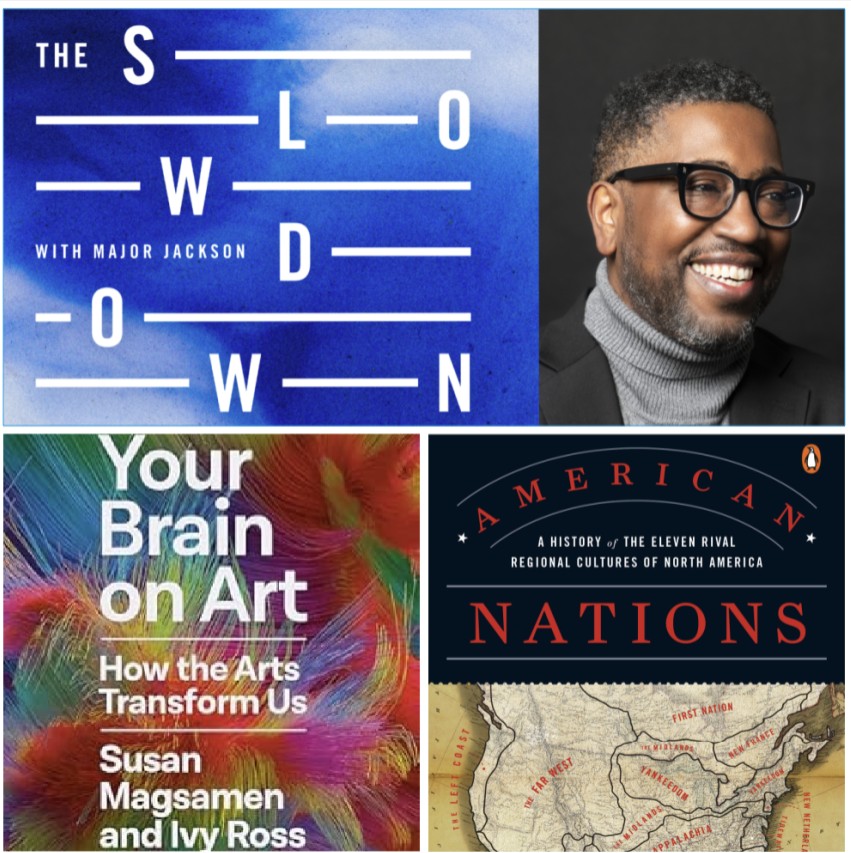
%20(1).jpeg)
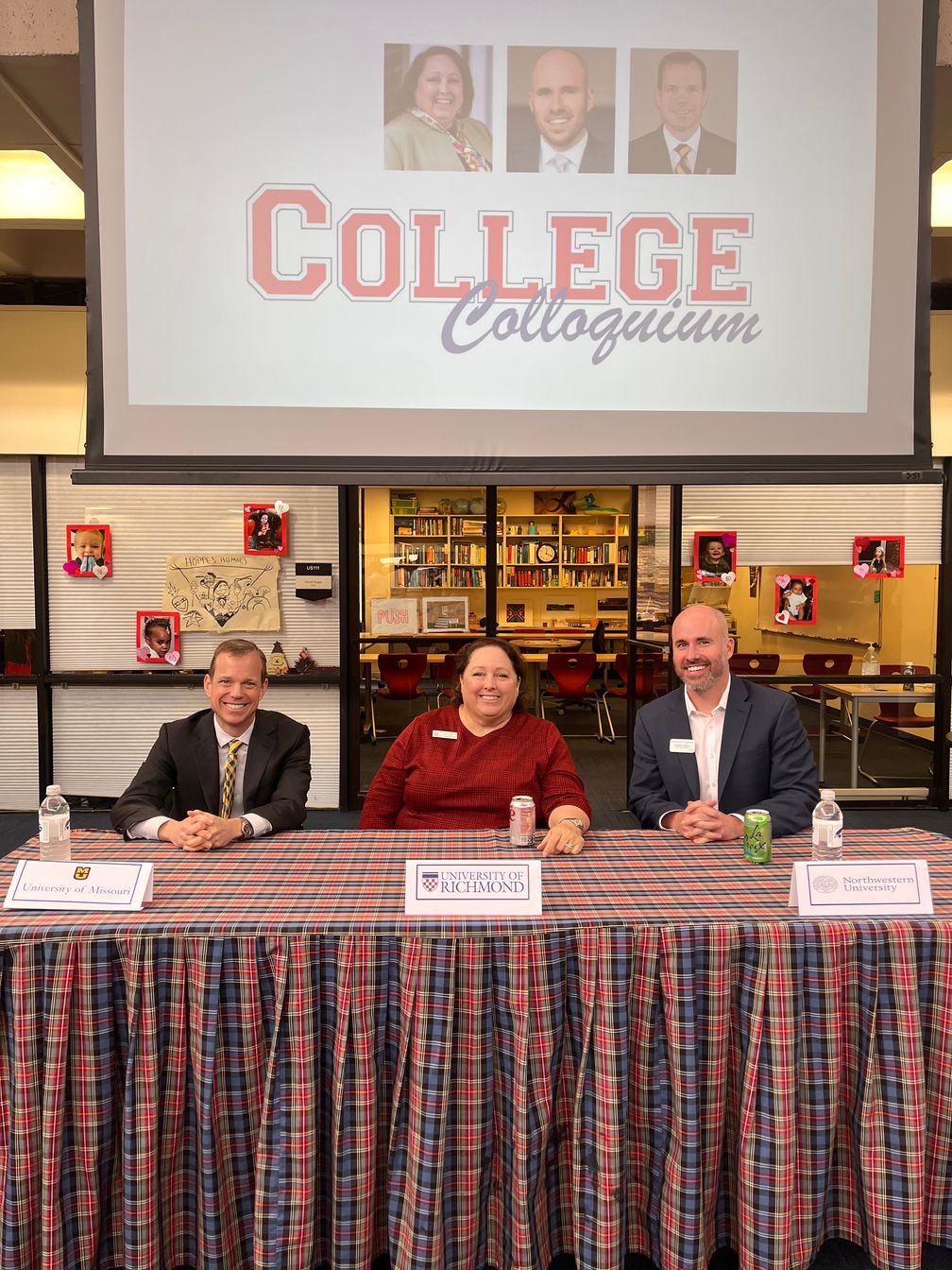
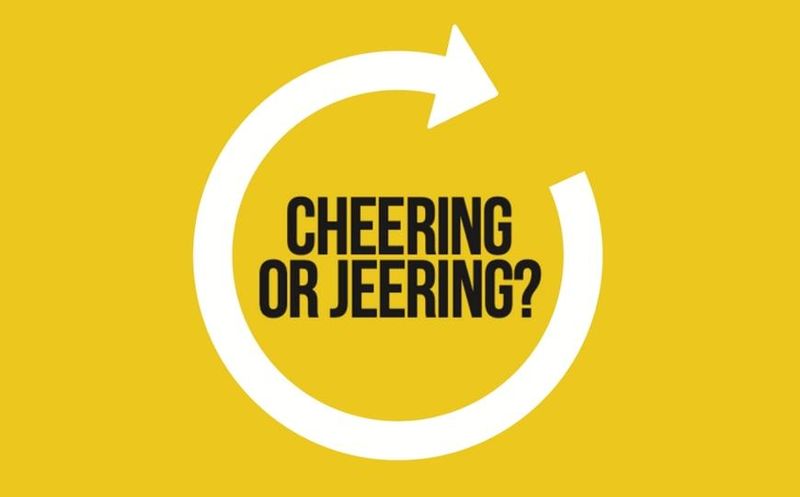
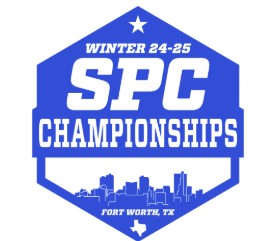
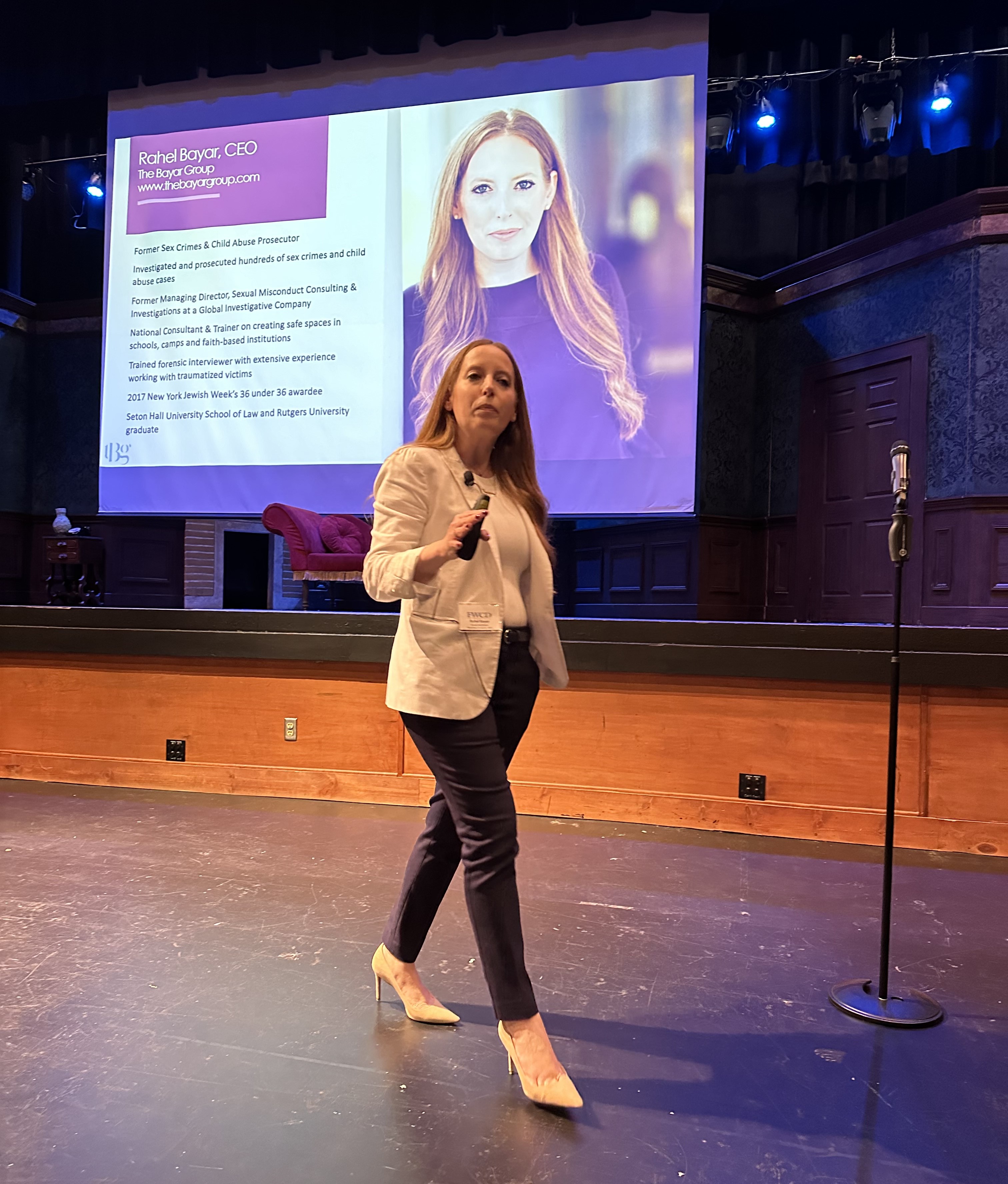
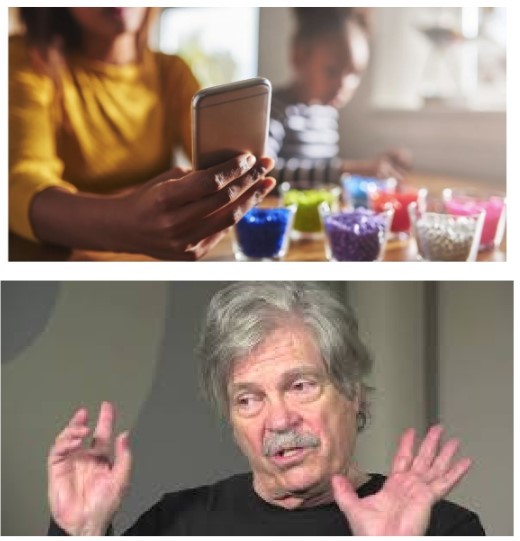
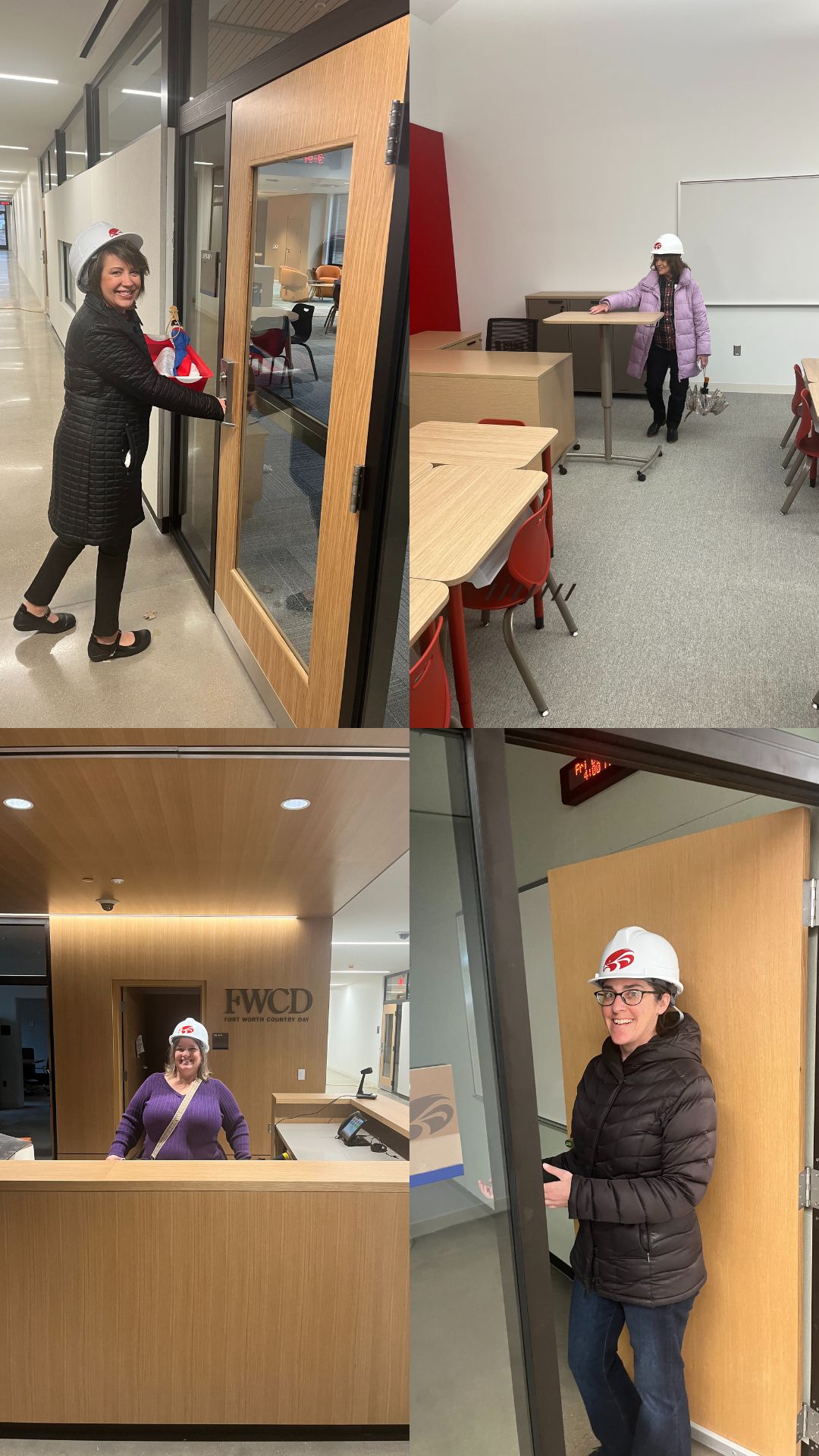
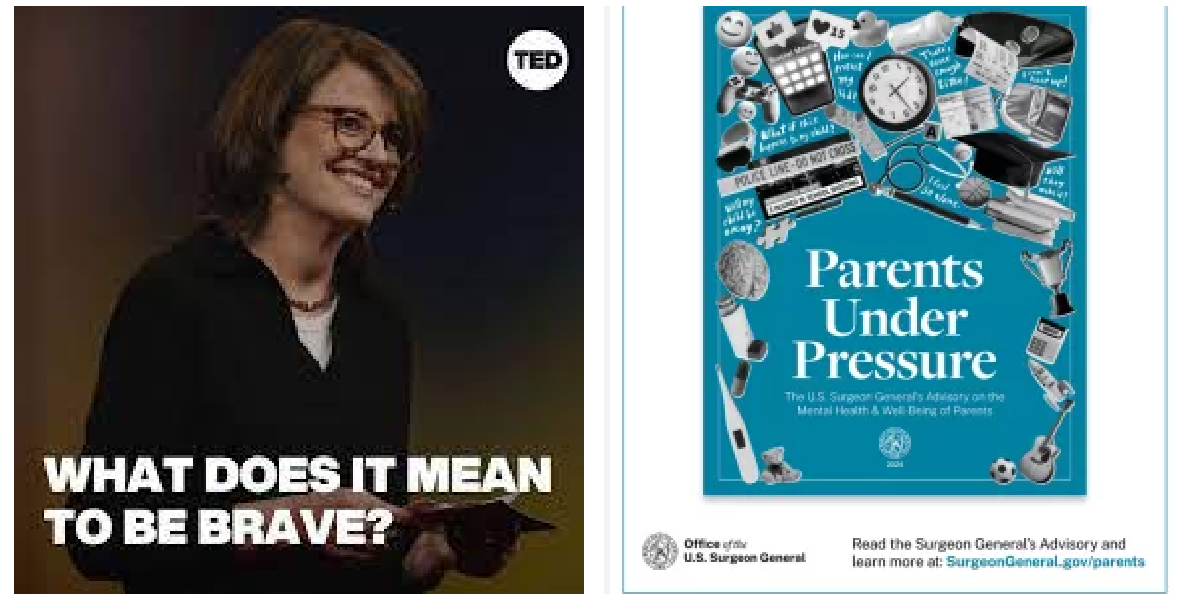

.png)
